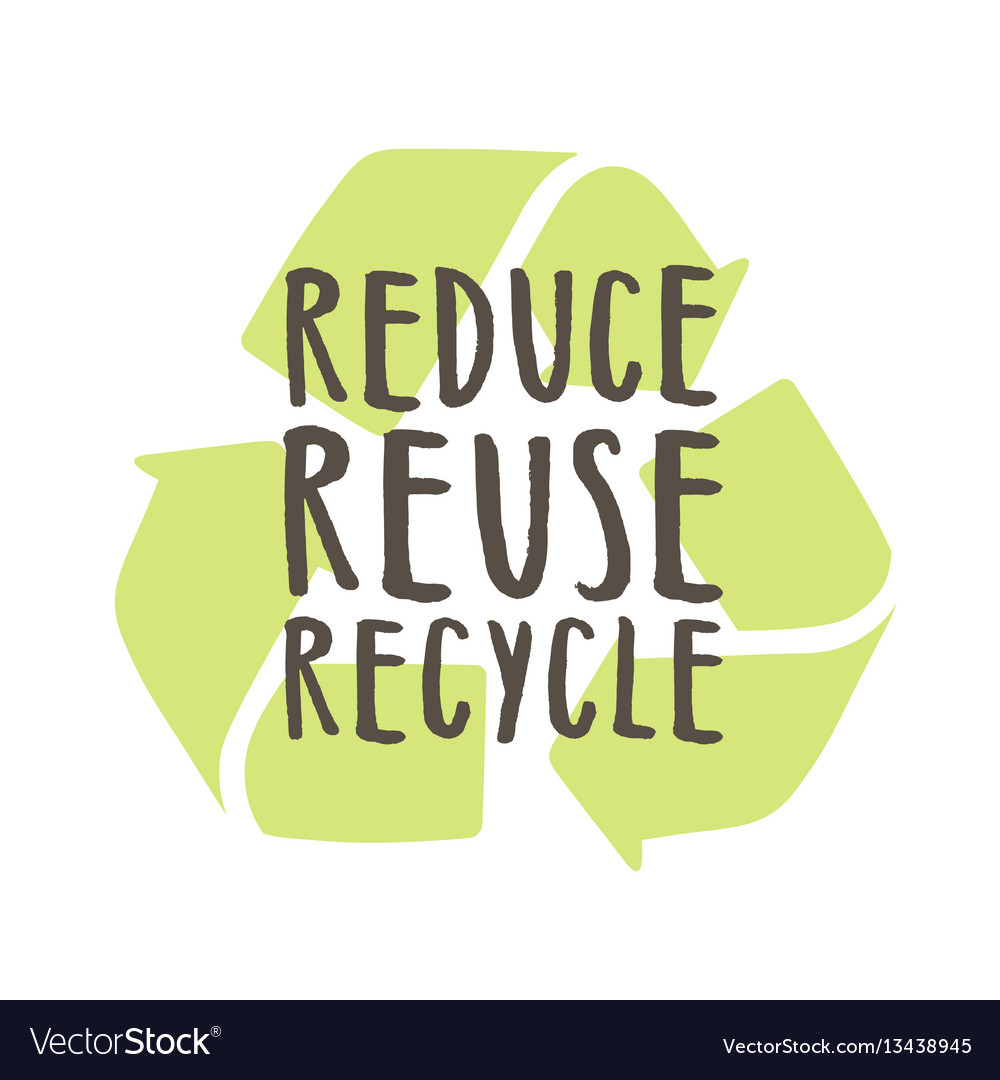Reduce, Reuse, Recycle

Jesus said, “Have the people sit down.” There was plenty of grass in that place, and they sat down (about five thousand men were there). Jesus then took the loaves, gave thanks, and distributed to those who were seated as much as they wanted. He did the same with the fish.
When they had all had enough to eat, he said to his disciples, “Gather the pieces that are left over. Let nothing be wasted.” So they gathered them and filled twelve baskets with the pieces of the five barley loaves left over by those who had eaten. (John 6: 10-13)
After feeding 5000, Jesus instructed his disciples to gather all the leftovers, so that nothing was wasted.
“Reduce, Reuse, Recycle.” Matthew Halliday’s recent article “Why Recycling Doesn’t Work” in The Walrus (August14, 2018) speaks to the impact of 850kg of garbage generated per capita in Canada per year. Canadians have responded to the need to compost, to recycle paper, packaging, plastic, metal and glass, though we more often generate more garbage that can be processed and sold.
Although individual households may faithfully send their properly sorted garbage to the curb, “almost two-thirds of Canada’s waste is produced by the industrial, commercial, institutional, and construction-and-demolition sectors—in everything from factories to office buildings—which are serviced by private waste haulers” who are under no obligation to recycle it. “In Toronto, for example, 72 percent of waste material from apartment and condo buildings goes straight to a landfill.”
Let nothing be wasted.
What does Jesus think of us today?
Reduce. Our consumer attitude compels us to buy new things we don’t even need, because they’re nicer than we presently have, or because the prices are right. We’re all guilty of it. Buying two new pair of pants because they’re marked down 50%. What we give away may only end up in the Third World landfills because no one wants those pants that were perfectly good for us.
Today clothing is treated as disposable, sold so cheaply that something new is bought so the old one everyone saw before doesn’t get seen again. Our closets are full and overflowing.
Our economy depends on us being well trained to buy, buy, buy. Reducing would imperil the economy of our world. Would Jesus appreciate today’s world’s need to buy, buy, buy, or would he be old-fashioned, and buy something to last?
Reuse. Jesus didn’t think there was anything wrong with leftovers; anyone on a budget, or with a busy schedule knows the value of having the extra food stashed in the fridge or freezer for later.
My mother used to sew really well. She would sew graduation dresses, children’s clothes, Halloween costumes, curtains and so much more. The other thing she would do is sew up holes and rips, and alter clothes when needed. Those days are gone. Socks with holes in them end up being recycled as rags for industrial places like auto-repair shops, but only if they’re 100% cotton. The synthetic ones end up in the landfill.
Recycle. Jesus wouldn’t package things in all sorts of useless odd-shaped plastic shells that can’t be reused for anything else except recycling. Recycling those plastic shells takes the guilt out of producing them and buying something in them.
Let’s face it. It’s a disposable world. No wonder we’re so good at recycling; we produce so much garbage, there’s plenty to practice with.
To quote Pope Francis in his encyclical Laudato Si, “The urgent challenge to protect our common home includes a concern to bring the whole human family together to seek a sustainable and integral development, for we know that things can change.”
“Let nothing be wasted.” His own words.
+++++++++++++++++++++++++++++++++++++++++++++++++++++++
Reference: Halliday, Matthew. “Why Recycling Doesn’t Work” The Walrus. August 14, 2018. https://thewalrus.ca/why-recycling-doesnt-work/




Wendy McCreath
Posted at 09:56h, 29 OctoberRefreshing and true comments. Churches should be at the forefront of the 3R program. Yet in many churches, parishioners do not understand how to separate food waste. They throw used napkins and paper plates contaminated with food into the paper, plastic and bottle bin. Only clean paper should go into the recycle bin.
Peter Bisson, SJ
Posted at 12:28h, 29 OctoberThank you Mike!